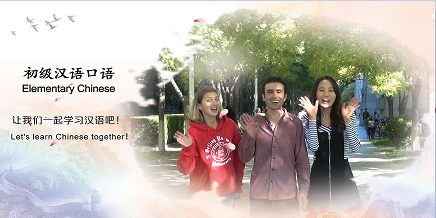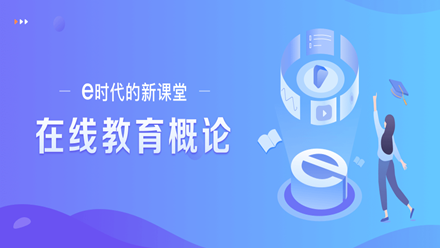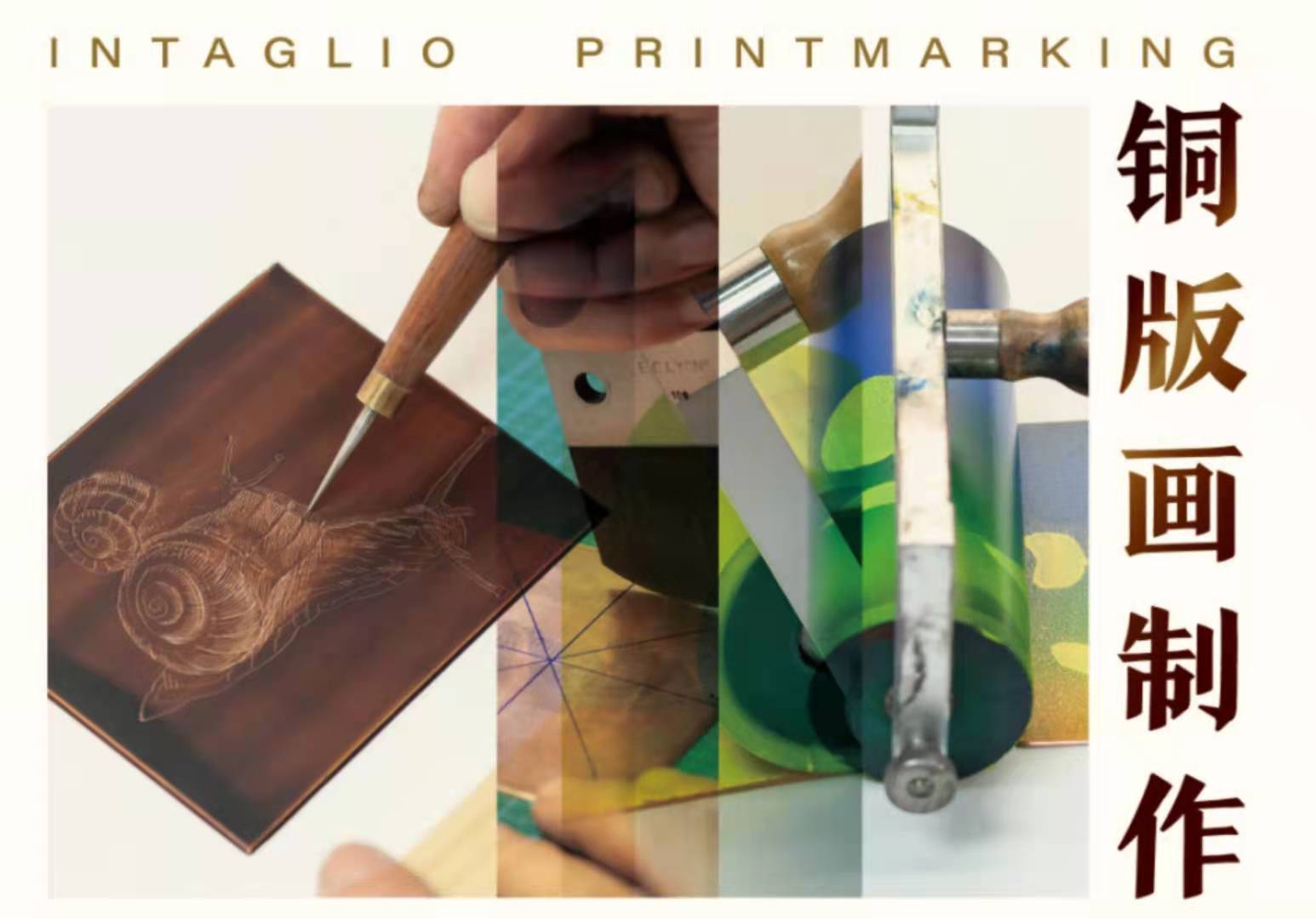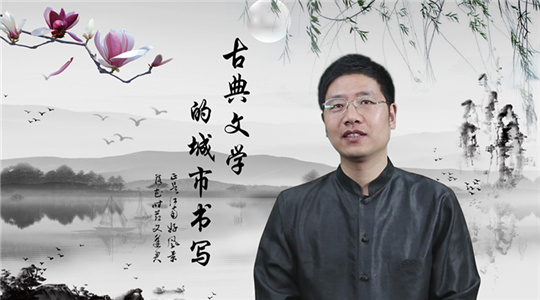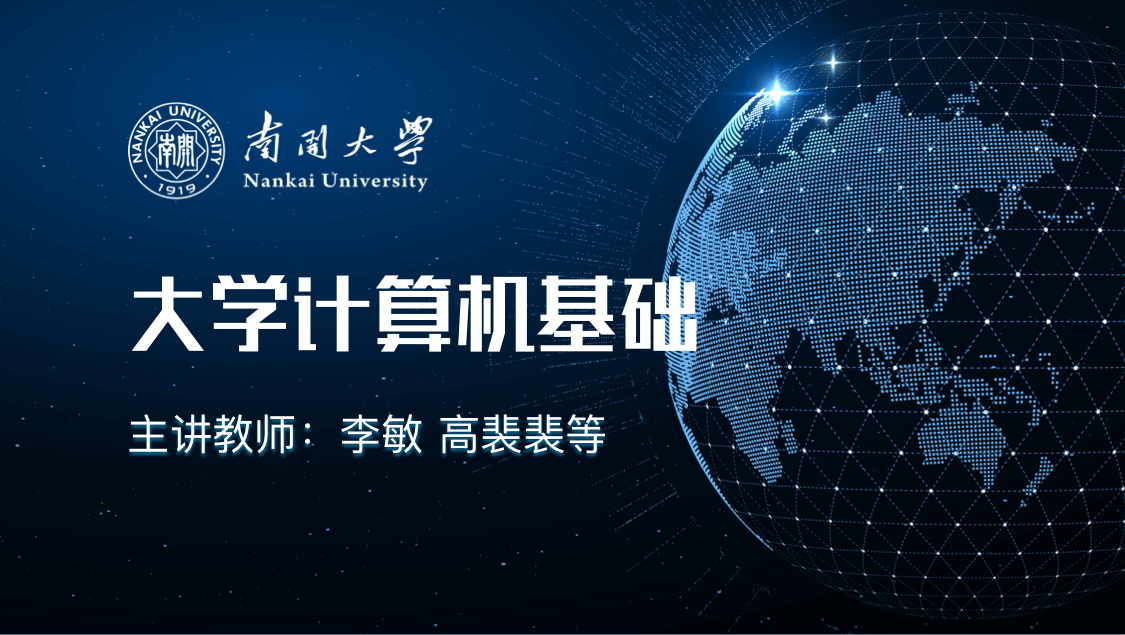
当前课程知识点:e时代的新课堂——在线教育概论 > 第一章 解读在线教育 > 1.3.1机遇篇 > 1.3.1机遇篇
各位老师大家好
Hello, everyone.
我是清华大学的于歆杰
I'm Yu Xinjie from Tsinghua University.
今天我们来讨论在线教育
Today, we are going to talk about
对老师的机遇与挑战
the opportunities and challenges brought about by online education for teachers.
首先需要声明的是
First of all, let me make one thing clear.
我这里说的在线教育
The Oonline education that I'm talking about right now
并不是一个全新的概念
is not a brand-new concept.
很长时间 几十年以前
Since decades ago,
比如说电大网络学院
radio and television universities and network education institutes
就是以在线的方式来实施教育了
have been practicing online education.
但是我需要明确
But I'd like to make it clear that.
我这里面所指的是
whWhat I'm talking about right now
以慕课为代表的在线教育
is the online education method represented by MOOC.
这一类知识传播途径
This mode of knowledge spreading knowledge
它具有一些其他不具备的特点
has its own distinctive features.
比如说粘性比较强
For example, it has the higher retention rate is higher.,
它具有实时交互式
It is real-time interaction,ve.
除此之外学习时间碎片化
and it It also allows for fragmented learning.
具有这几个特点的在线教育
Today, we'll talk about
对老师的好处
the benefits of online education for teachers
是我今天需要讨论的
Withbrought by these characteristics for teachers..
这类的在线教育
This kind of online education
在历史上没有的
has never been seen in history.
是随着移动互联时代的到来
It's something new
产生的全新情况
that accompanies the age of smartphones.
那在我的理解里对老师来说
In my view, for teachers,
这样的一个在线教育的出现
the emergence or rise
或者说兴盛
of online education
对老师至少存在
brings them at least seven opportunities,
如下七方面的机遇
as described below.
首先 如果你是一个科学家的话
First of all, if you are a scientist,
传统意义上来说
traditionally speaking,
你创造出来了新的知识
after researching,
你需要写论文
you need to write a paper,
会议论文或者说期刊论文
a thesis, or a journal paper,
你要投稿 你要发表
and submit it for publication.
等你的论文被别人认识并且传播
It could take half a year, or a whole year,
When your paper is published and read,
大概是半年 一年
or even two years
it could take half a year, to a year
甚至两年以后的事了
or even two years later before your paper is published and it's noticed.
现在有了用移动互联时代
But now, with new methods to of share knowledge sharing
传播知识的新的途径
in the age of smart phones,
你创造发明出来的新知识
the knowledge you share
立刻就可以借助这种方法
can spread rapidly spread
在全世界范围内进行快速地传播
around the world at onceimmediately.
这对于知识的发现和传播
This is quite convenient
是非常有便捷性的
for the generation exploration and spread of knowledge.
除此之外对于一些
Keep in mind, there is also some
非常高深的知识
very advanced knowledge.
传统意义上来讲我们老说
Usually, it isthat is hard to understand.
比如说爱因斯坦刚提出
For instance, when Albert Einstein proposed
相对论的时候
the theory of relativity,
全世界也没有多少人能明白
few people around the world could grasp it.
那如果说爱因斯坦在那个时候
If, at that time,Einstein had made a MOOC
能做一个慕课
Einstein had made a MOOC
把他的道理
to elaborate his theory
用特别通俗浅显的方式讲出来
plainly and simply,
并且基于移动互联的工具
spreading and spread it
进行传播的话
with mobile internet tools,
就很容易帮助一般大众
it would have been easier for the general public
了解高深的知识
to comprehend his theory.
所以对于高深知识来说
So, the spread of advanced knowledge
能够浅显广泛的传播
in a plain and comprehensible mannerway
是在线教育所提供的
is another great benefit
另外一个非常大的好处
offered brought along by online education.
除此之外对于像我这样
Additionally,
上电路课的老师
for educators teachers like me, who teach the course Eelectric Ccircuits like myself,
我所讲授的所有知识
we're imparting knowledge
都是大概在50年前
that was generatedwas firstly raised
甚至100年前
about 50 years ago,
甚至100多年前
100 years ago
被创造发明出来的
or even more than 100 years ago.
可是借助慕课的帮助
But wWith the help of MOOC,
我们可以更好地来传播
we can pass on
经典的知识
classic knowledge in a better way.
我们可以用不同的形式
We can use different methods
帮助不同的人
to help different people
来更好地掌握经典的知识
better master classic education knowledgebetter.
这一点很多很多
In this respectFor this point,
当前非常流行的这种慕课
many popular MOOCs
传播经典知识的慕课
that pass on classic knowledge
做出了很好的样例
have set a good examples.
除此之外不管是各种类型的知识
Apart from this, faced with all kinds of information,
新的 高深的还是经典的
new, advanced or classic,
我们借助移动互联时代这种工具
we use tools created in the age of smartphones
可以探索或者发现
to explore or discover
更适合知识的传播方式
suitable appropriate ways to share knowledge.
传统意义上来讲
What are the traditional modesmethods
我们有什么传播方式
of for spreading knowledge spreading?
比如说老师讲学生听
For example, teachers talk, and students listen lecture students.
比如说写教材
Teachers write textbooks
写文章让别人看
or papers for others to read.
但这些大家都很熟悉了
We are quite familiar with these methods.
在当前这个碎片化的
In the age of smartphones
移动互联时代
and mobile internet
有没有能够更吸引人的
are there any other interesting ways
知识传播方式呢
to pass on knowledge?
慕课的到来提供了全新的机遇
The arrival of MOOC offers new opportunities.
除此之外对于上课来说
Besides, in the aspect offor teaching,
慕课或者说借助慕课的
MOOC and other smart teaching solutions
一些智慧教学解决方案
based on MOOCit
能够帮助老师
can help teachers
不管是针对社会学习者
receive feedback quickly
还是针对校园学习者来说
from both off-campus learners
能够非常快地获取学生的反馈
and on-campus students.
这些反馈能够及时地帮助我
The Such feedback can help them adjust
来调整讲授知识的选择
their choice of course materials
以及传播的方式
and how they impart itclass design.
这件事以往没法做
This This wouldn't be possible before the age of mobile internetcouldn't be done previously.
以往我写篇文章 我写本书
In the past, suppose I wrote a paper, or a book,
我把它出版了
and published it.
读者反馈反馈回来
When I received feedback from readers,
三个月以后
it might be three months later.
我再版以后 一年以后
When I re-published my work, it might be one year later.
现在不是 现在我在这个学期
But that isn't the case now.
甚至这周之内
I can adjust my course material
就可以及时调整我的知识
within the one semester, even within the one week.
当然我们前面都说的是
Of course, I meanWhat I want to say is that network-based content
基于网络的我随时能够调整
can be adjusted at any time.
但事实上如果说
In fact,
把这个应用在课堂教学
it can also be applied to classroom teaching.
你就会发现很多老师
You will find many teachers,
越来越多的老师
more and more of them,
会特别乐意利用这些资源
are willing to make use of
利用慕课等等这些碎片化的
resources like MOOC,
基于网络的
which are fragmented,
粘性比较强的资源
internet-based and easy to retain,
来改善自己的课堂质量
to improve the quality of their own classroom teaching.
这个话题是我们整个这个课的
This topic is the key point
一个重点
of this course
后续有很多很多内容
and we'll talk about it repeatedly
会反复来讨论
in the following lectures,
我这里不详细说了
so I won't go into details right now.
那么第七个可能我觉得
Next, what is the seventh opportunity
是未来的一个非常重要的
that will be very important to teachers
对老师来说的机遇就是什么呢
in the future?
我们传统意义上老师上课
By tradition, when I teach,
往往就是我在讲的过程中
aside from imparting knowledge
除了把知识完整 正确
completely, correctly,
and efficiently
高效的讲出来之外
and efficientlyduring the process,,
我可能需要观察一下学生的反馈
I may need to observe the feedback from students.
我看看他们抬头与否
I would see if they raise their heads
我们看看他的眼神是否清澈
and if their eyes are clear.
这些都是一些定性的
These are some examples
我作为有经验的教师
of qualitative feedback
可能有的反馈
I may get as an experienced teacher.
那么现在我们能够借助慕课
Now, by means of
慕课平台
MOOC platforms,
我们能够借助SPOC平台
SPOC platforms,
我们能够借助类似于
and some smart teaching solutions
雨课堂这类的智慧教学解决方案
like the Rain Classroom,
除了老师讲授之外
beyond the teacher's lecturegiving lectures,
还能够实时准确地采集
we can also collect in real time
学生在课堂内和课堂外的
the data of students' learning behaviors and outcomes
学习行为以及学习效果
both in and out of the classroom.
每一个人的随着学习
Many kinds of student data
发展过程中的各种数据
can be collected and analyzed
都是在被采集和分析的
throughout the learning process.
这种大数据能够帮助老师
Big data can help teachers
形成所谓的形成性的教学评价
develop formative assessments.
这个话题在各种本科教学工作
Thise topic appears repeatedly in various proficiency assessments and reviews
水平评估 审核评估
in undergraduate teaching activities
工程教育专业认证里会反复出现
and in engineering education accreditation.
所谓的形成性教学评价
The formative assessment
就是在教学过程中
refers to the objective evaluations of students
逐渐形成的对学生的客观评价
gradually formed during the teaching process.
那么传统意义上来讲
So conventionally,
我们怎么做呢
how do we evaluate students' performance?
我们只能说做作业
We can only make the formative assessment
做实验来做形成性教学评价
through homework assignment and experimentation.
我在这门课程后面几讲里会说到
In the last few lectures of the course,
基于传统的作业和实验
we'll talk about how the traditional formative assessment,
所达成的形成性评价
namely homework assignment and experimentation,
与学生的期中期末考试的评价
is not closely related to evaluations
关联程度并不高
during obtained from the midterm and final exams.
而采用我刚才说的
But by adopting the aforementioned
智慧教学或者说现代教学工具
smart teaching approaches or modern teaching tools,
帮助老师得到的形成性教学评价
teachers will get
是更为准确的
a more accurate formative assessments.
有了这些形成性教学评价以后
The formative assessment
就可以帮助我们老师
can help teachers
来做学习分析
conductdo learning analysis.
我们能够从科学的视角
Therefore, we can treat the process of students' learning
来看待学生的学习
from a scientific point of view
我们能够从科学的视角
as well as
绘制学生的画像
create student personas.
这话是什么意思呢
What do I mean?
我们传统意义上来讲
Conventionally,
每个学生入学会拍张照片
each student would be photographed on enrollment,
我们知道他长成什么样
so that we know what he or she looks like.
但是未来除了
But in the future,
这张物理的照片之外
this real photo will not be enough.
随着学生的学习
Along with students' learning process,
我们可以从不同的视角
we can learn about
通过数据挖掘
their ability and willingness to learn
了解一下学生的学习能力
by digging into their data
了解一下学生的学习意愿
from different points of viewperspectives,
给他配备更适合他的学习资源
so that we can offer them more suitable learning resources.
这件事没有大数据是做不到的
We can't do this without Big Data.
但是有了慕课
But with MOOC
有了移动互联时代的工具
and tools invented in the age of smartphonesmobile internet,
我们有可能能做得到了
it might be possiblewe might be able to.
-混合式教学该怎么做?与清华老师一起聊聊
-看清华老师如何进行大班混合式教学
--Video
-如何做好混合式课堂的互动
--Video
-与清华大学老师聊聊慕课独特的教学设计
-“挑战60s”授课短视频大赛
--Video
-与清华大学老师聊聊慕课的制作与运营
--Video
-1.1在线教育发展现状
--html
-1.1.1在线教育带来了e时代的新课堂
-1.1.2师生说
--1.1.2师生说
-1.1.3我国在线教育的特点
-1.2什么是在线教育
--html
-1.2.1概念解析
-1.2.2教育的技术发展史
-1.2.3在线教育的五要素模型
-1.3在线教育对教师的机遇与挑战
--html
-1.3.1机遇篇
--1.3.1机遇篇
-1.3.2挑战篇
--1.3.2挑战篇
-1.4在线教育发展的历史
--html
-1.4.1二十世纪的发展
-1.4.2二十一世纪的发展
-1.4.3在线课程三要素
-1.4.4虚拟教育组织
-1.5课程内部体系和外部关系
-第一章 解读在线教育--单元习题
-讨论题
-2.1数字时代带来教育变革
-2.2在线教育更适应学生的学习需求
--html
-2.2.1教育需求的发展
-2.2.2学习风格与学习类型
-2.2.3多模态数据分析学生学习行为与需求
-2.2.4教育目标
-2.2.5拓展学习时空,促进深度学习
-2.2.6自主学习系统的案例分享
-2.3在线教育帮助教师成长
-2.4学校和国家为什么要做在线教育
-单元习题--作业
-3.1高等学校在线教育发展
-3.1.1学校现状
-3.1.2平台与联盟
-3.2不同类型的教师都能得益于混合式教学
-3.3混合式教学的好处
-3.3.1当前的教学问题
-3.3.2教师和学生的收益
-3.4混合式教学的关键细节与常见误解
-3.4.1关键细节一
-3.4.2关键细节二
-3.4.3关键细节三
-3.4.4误解篇一
-3.4.5误解篇二
-3.5智慧教学工具的发展
-3.5.1综述篇
--3.5.1综述篇
-3.5.2雨课堂的诞生
-3.5.3雨课堂的功能
-3.5.4课堂教学需要雨课堂
-3.5.5雨课堂解决面授时间紧张的问题
-3.5.6雨课堂解决课前课中课后的学习效果问题
-3.5.7课前课中课后雨课件设计要点
-第三章 高校在线教育进行时--单元习题
-讨论题
-讨论题
-4.1教育实践的展望(一) 教育创新
-4.2教育实践的创新(二) 教育技术与决策
-4.3教育理论的热点趋势
-第四章 在线教育的未来--单元习题
-讨论题
-5.1邓俊辉老师《数据结构》与《计算几何》教学案例
--html
-5.1.1慕课制作与使用心得(一)
-5.1.2慕课制作与使用心得(二)
-5.2张瑜老师《思想道德修养与法律基础》教学案例
--html
-5.2.1教学理念与混合式教学的主要环节
--Video
-5.2.2章节实例
-5.3杨芳老师《大学英语》教学案例
--html
-5.3.1混合式教学设计心得
-5.3.2 University单元教学设计
-5.4于歆杰老师《电路原理》教学案例
--html
-5.4.1小容量班级完全翻转课堂
-5.4.2大容量班级部分翻转课堂
-5.5郑莉老师《C++语言》教学案例 雨课件样例及校内教学心得分享
--Video
-单元习题--作业

